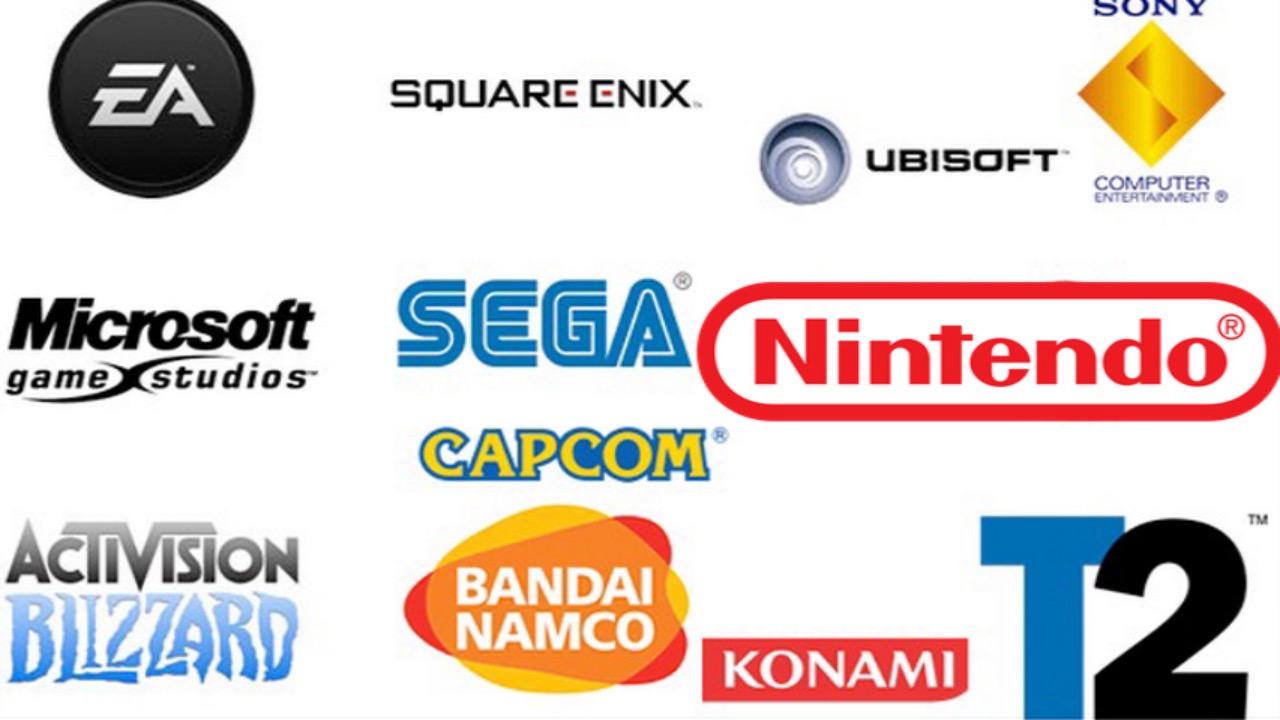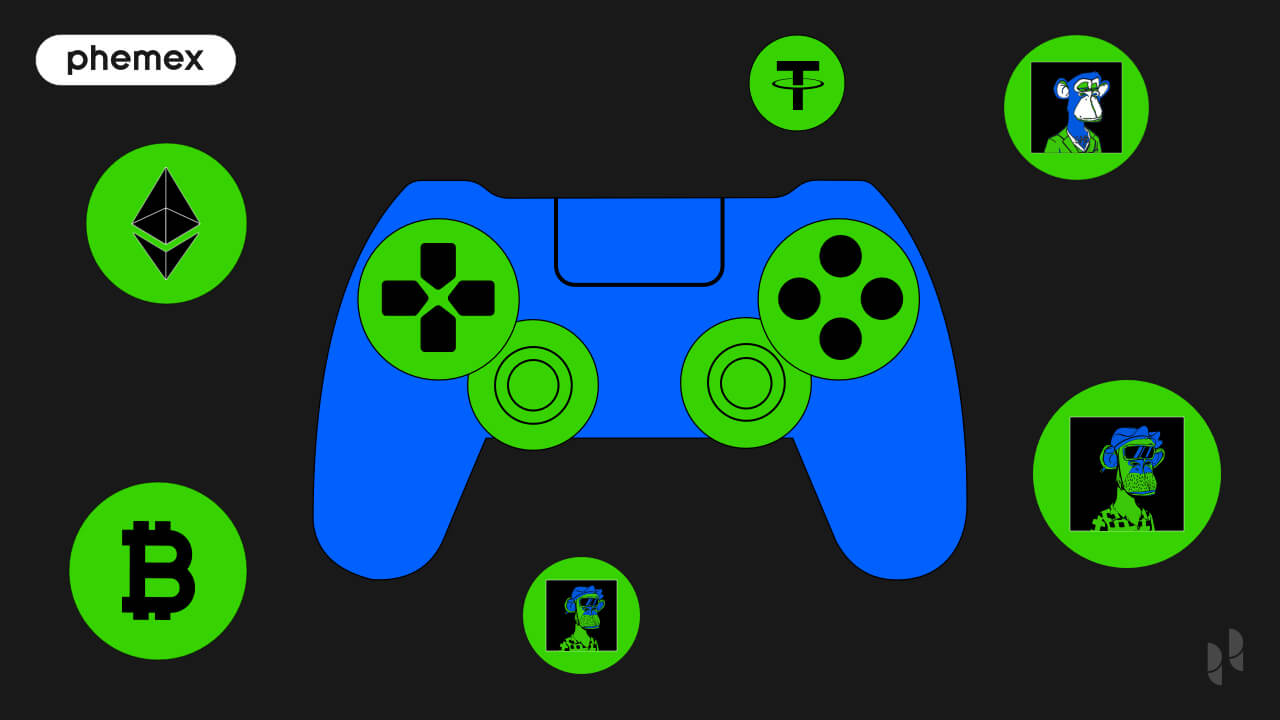Despite economic shifts and evolving technologies, the video game industry is booming. Statista estimates it will hit $363.2 billion globally by 2027, powered by innovative studios that keep players coming back for more. From console giants to mobile pioneers, these developers are not just making games — they’re building the future of interactive entertainment.
Let’s explore some of the most influential gaming companies in 2025 and how they’re shaping the medium across genres, platforms, and markets.
Innovation Through Legacy: Nintendo, Sony & Microsoft
Nintendo: The Enduring King of Fun
Nintendo’s legacy spans over a century, but it remains one of gaming’s most relevant and beloved brands. With franchises like Animal Crossing, Mario Kart, and The Legend of Zelda, the Japanese company continues to focus on creativity and accessibility. Its hybrid console, the Nintendo Switch, offers portability and innovation, cementing its place as a dominant force in the family and casual gaming sectors.
Sony Interactive Entertainment: A Powerhouse of Storytelling
Sony’s PlayStation brand has consistently pushed the boundaries of narrative gaming. With critically acclaimed franchises like The Last of Us, God of War, and Spider-Man, Sony has mastered emotional storytelling paired with AAA production values. Its commitment to accessibility and online safety also reflects a forward-thinking approach to player inclusivity and responsibility.
Microsoft: Expanding the Ecosystem
Microsoft has rapidly scaled its gaming portfolio through strategic acquisitions, including ZeniMax Media and Activision Blizzard. Now, with franchises like Halo, Call of Duty, and The Elder Scrolls under its wing, the company focuses on cross-platform experiences and cloud gaming via Xbox Game Pass. It’s also redefining user access with its revamped gaming homepage and inclusive hardware features.
Global Reach and Genre Diversity: Tencent, Bandai Namco & EA
Tencent: China’s Gaming Giant
Tencent is the world’s largest video game company by revenue, thanks to a diverse portfolio that spans League of Legends, Honor of Kings, and Call of Duty: Mobile. Beyond development, Tencent owns and operates multiple gaming platforms and invests heavily in both Western and Asian developers. Its dominance in mobile gaming has helped shape the free-to-play model adopted worldwide.
Bandai Namco: Masters of Anime-Inspired Gaming
Known for Pac-Man and Tekken, Bandai Namco has successfully married gaming with pop culture. The company excels at bringing anime and manga to life through video games, with hits like Dragon Ball FighterZ, One Piece Odyssey, and the Naruto Storm series. Its diverse catalog appeals to fans of RPGs, fighting games, and action titles alike.
Electronic Arts (EA): The Sports and Sims Giant
From FIFA and Madden NFL to The Sims and Apex Legends, EA maintains a strong foothold in both sports and live-service gaming. Its mobile division continues to bring flagship franchises to smartphones, and EA’s push into narrative-driven games has led to successes like Star Wars Jedi: Survivor. EA’s versatility ensures its relevance across every gaming demographic.
Cult Studios and Indie Breakouts
Valve Corporation: Platform and Innovation Leader
Not only has Valve developed iconic games like Half-Life, Portal, and Dota 2, but it also revolutionized PC gaming through its Steam platform. Its hardware ventures, such as the Steam Deck and Valve Index, showcase its dedication to merging innovation with accessibility. Valve remains an industry disruptor that supports both AAA and indie ecosystems.
Naughty Dog, Bethesda & Bungie: Masters of World-Building
These studios specialize in creating immersive universes. Naughty Dog’s The Last of Us and Uncharted franchises have defined narrative-driven gameplay. Bethesda, now under Microsoft, continues expanding The Elder Scrolls and Fallout with massive open-world adventures. Bungie, creators of Halo and Destiny, now under Sony, is evolving live-service storytelling with an eye on community feedback.
Roblox & Sandbox VR: Gaming as a Social Experience
Roblox has carved a niche in user-generated content, giving players the tools to design and share their own games. Meanwhile, Sandbox VR offers real-world immersive experiences, letting groups play together in VR “holodecks.” These companies highlight a shift toward gaming as a social platform, rather than just a solo experience.
Final Thoughts
From legacy developers like Nintendo and Capcom to experimental studios like Arc System Works and thatgamecompany, the gaming industry in 2025 is both deep and wide. These companies prove that success doesn’t hinge on a single genre or platform — it’s about innovation, adaptability, and a genuine understanding of what gamers want.
As the industry continues to evolve, these leaders are ensuring video games remain not just a form of entertainment, but a cultural and technological cornerstone.




